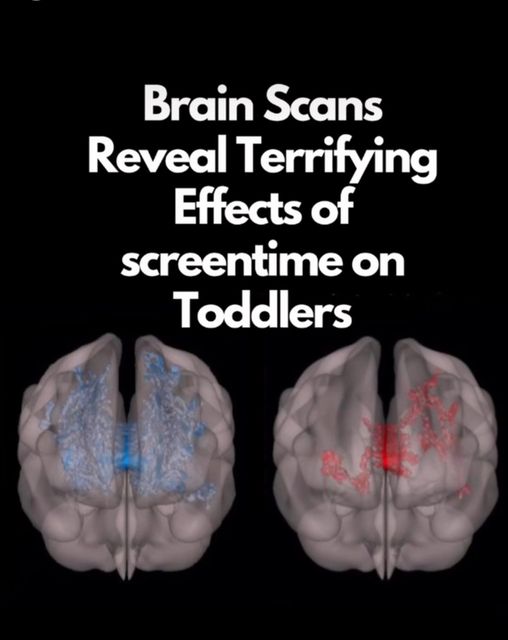Understanding Your Child’s Mood Swings
Do you have a child or teenager who always seems moody, or who can erupt into a complete rage at any moment? Or perhaps your child is often down, disinterested, or just not their usual self?
Your first thought might be to consider if they have a mental health condition like depression, bipolar disorder, or ADHD. Before jumping to conclusions or scheduling a doctor’s appointment, take a moment to look at their daily environment. Specifically, think about how much time they are spending on electronics each day.

The Impact of Screen Time on Health
Kids today spend a lot of their time glued to screens. According to the American Heart Association, children between eight and eighteen spend, on average, more than seven hours a day using some type of electronic device. That’s almost four times the recommended amount!
While it can be tough to limit screen time and tempting to give in to their pleas, it’s important to remember the negative effects that too much screen time can have on them.
So, how is this overuse of technology affecting your child?
Disrupting Their Body Clock
Everyone has a “circadian rhythm,” which is essentially the body’s 24-hour internal clock regulating sleep and eating patterns.
This clock relies on various factors, including a hormone called melatonin. Melatonin is produced in the pineal gland, which is inactive during the day. When darkness falls, the pineal gland activates and releases melatonin, telling your body it’s time to sleep.
The light from screens mimics sunlight, delaying the release of melatonin and preventing sleep. This can lead to hormonal imbalances and even brain inflammation.
Desensitizing the Brain
If your child loves video games, this is for you. Playing video games releases so much dopamine (the “feel-good” hormone) that it can affect the brain similarly to drug addiction.
With repeated over-stimulation, these reward pathways dull, making your child need more stimulation to feel the same pleasure—resulting in addiction.
Depression and Suicide Risks
The CDC found that fifteen percent of teens considered self-harm in the past year. There are various reasons for this increase in mental health issues among teens, one of which is light exposure at night.
Studies worldwide have linked depressive thoughts and suicidal feelings with late-night cell phone use. The disruption of circadian rhythms affects their sleep, which is closely tied to mental health.
Impact on Mood Regulation
Stress, whether acute or chronic, changes brain chemistry and hormones, making kids irritable.
Research shows that video games and constant screen time put kids in a stressed state, increasing cortisol levels. This hyperarousal and addiction suppress the frontal lobe, responsible for mood regulation, increasing the risk for depression and reducing their ability to control emotional outbursts.
Draining Mental Reserves
Excessive screen time bombards children with cognitive and visual inputs, depleting their mental energy and hindering their ability to process emotions and surroundings.
Anger can momentarily boost mental reserves, making tantrums and meltdowns a coping mechanism.
Less Physical Activity
Many studies suggest that outdoor activities increase attention spans and reduce stress and aggression. More screen time means less time outside, missing out on nature’s mental health benefits.
Additionally, being stuck in front of a screen limits time for physical activities, increasing the risk of obesity and other health issues related to inactivity.
How to Reduce Screen Time
Realizing that your kids spend too much time on screens is the first step. Cutting back can be challenging, but they’ll adjust to new routines over time. Here are some tips to help decrease screen time:
Implementing these changes might be difficult initially, especially if your child is used to unrestricted screen time, but it will ultimately make them calmer, stronger, and happier.




